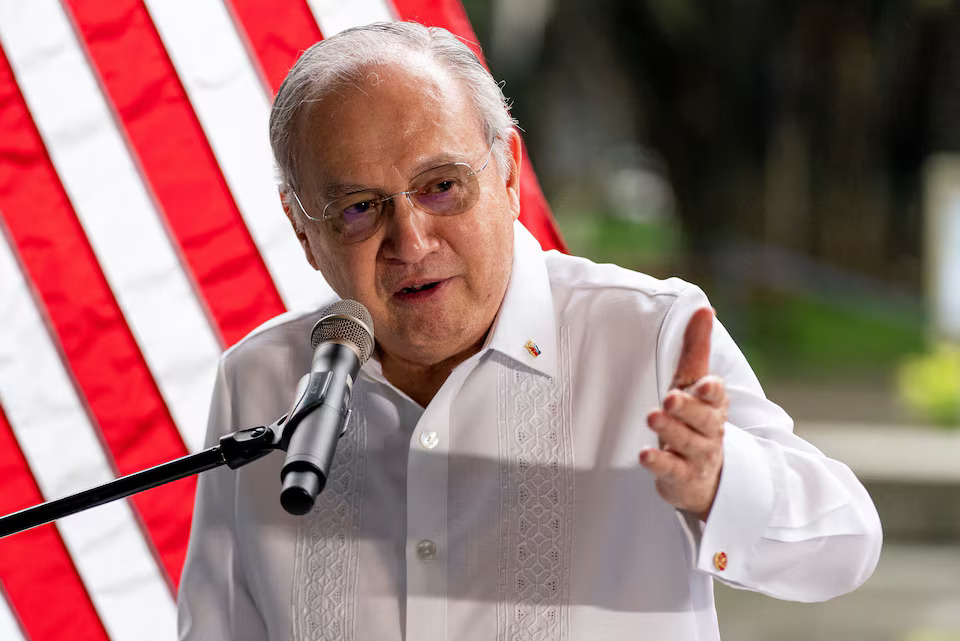
MANILA — The Philippines expects U.S. policy in the Indo-Pacific and support for its treaty ally amid South China Sea tensions to remain steady under Donald Trump, driven by bipartisan resolve in Washington, its ambassador to the U.
S. said on Thursday. Both Democrats and Republicans prioritize countering China’s influence, including in the South China Sea, Jose Manuel Romualdez said, suggesting that military cooperation, economic ties and security commitments with the Philippines will continue.
“It is in their interest that the Indo-Pacific region remains free, peaceful and stable, especially given the economic part of it, with trillions of dollars passing through the South China Sea,” Romualdez told Reuters in an interview . U.S.
-Philippine security engagements have deepened under President Joe Biden and Philippine counterpart Ferdinand Marcos Jr, with both leaders keen to counter what they see as China’s aggressive actions in the South China Sea and near Taiwan. Marcos said in a congratulatory message after Trump’s victory: “I am hopeful that this unshakeable alliance, tested in war and peace, will be a force of good that will blaze a path of prosperity and amity, in the region, and in both sides of the Pacific.” Under Marcos, the Philippines has increased the number of its bases accessible to U.
S. forces to nine from five, some facing the South China Sea, where China has built artificial islands equipped with runways and missile systems. The U.
S. has proposed $128 million for infrastructure improvements at those bases, in addition to a $500 million pledge for the Philippine military and coastguard. Romualdez expressed confidence that these commitments, including joint U.
S.-Philippine maritime exercises that began last year, would continue under Trump. “We have very strong bipartisan support in the U.
S. Congress where the money comes from. Every single one of our friends in the Republican side has signified their concern and strong support for whatever we’re doing right now in relation to the challenges we face with China today,” Romualdez said.
He suggested potential changes under Trump would be “minimal” and could even be favorable. During Trump’s previous term, the U.S.
dispelled any doubts about its defense commitments when then-Secretary of State Mike Pompeo assured Manila in 2019 that Washington would defend its ally if attacked in the South China Sea, reinforcing the 1951 Mutual Defense Treaty. Beijing claims much of the South China Sea, where about $3 trillion in ship-borne trade passes annually, with the area becoming a flashpoint for Chinese and U.S.
tensions around naval operations. There have been recent clashes over territorial claims between China and the Philippines , Vietnam and Indonesia. Romualdez emphasized Manila’s intent to manage disputes peacefully, and “will continue to dialogue with China as long as it’s not detrimental to our interests.
” “We’re not at war,” Romualdez said, adding there are many areas where Philippines and China can work with. —Reporting by Karen Lema; Editing by Raju Gopalakrishnan.














